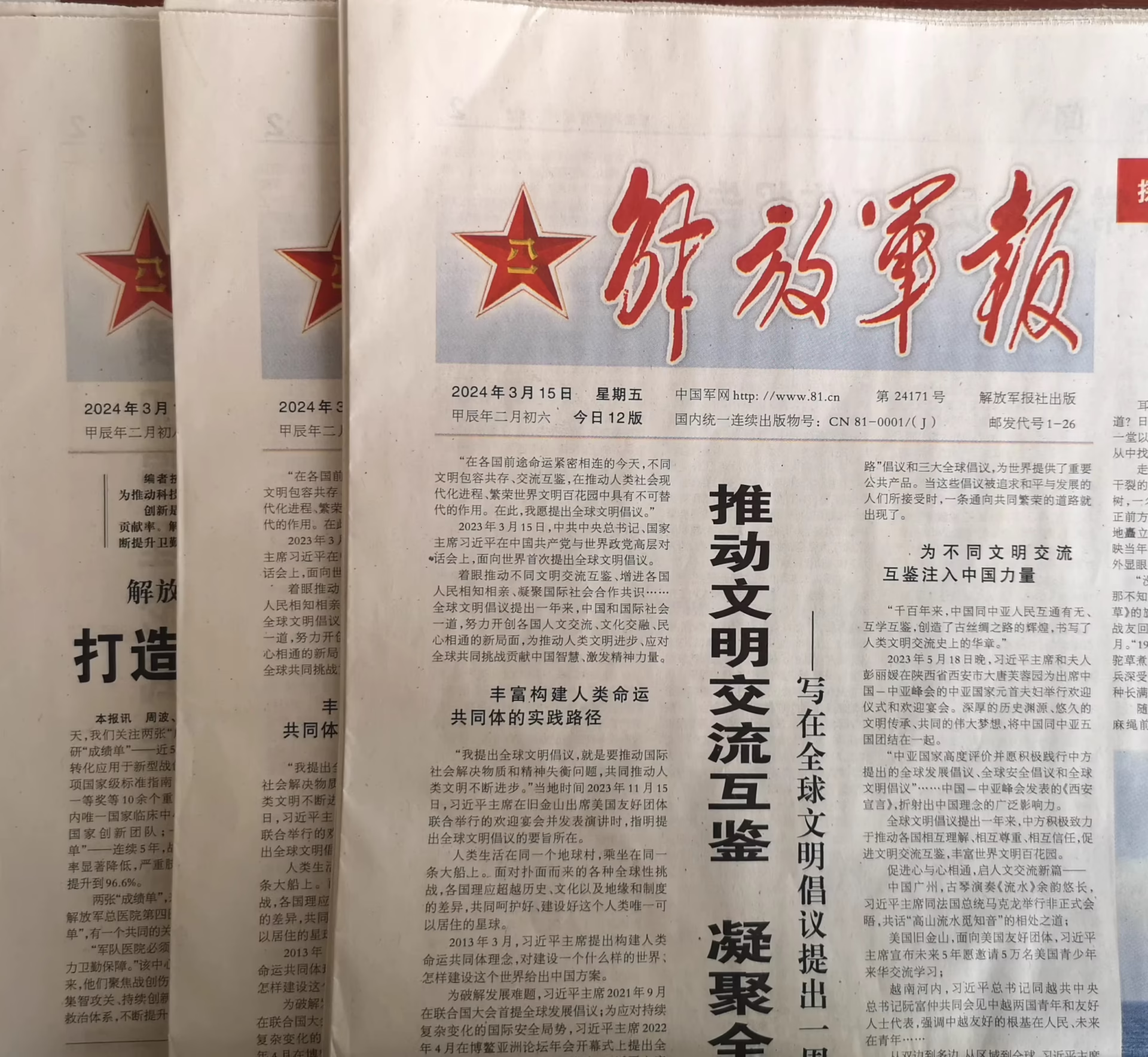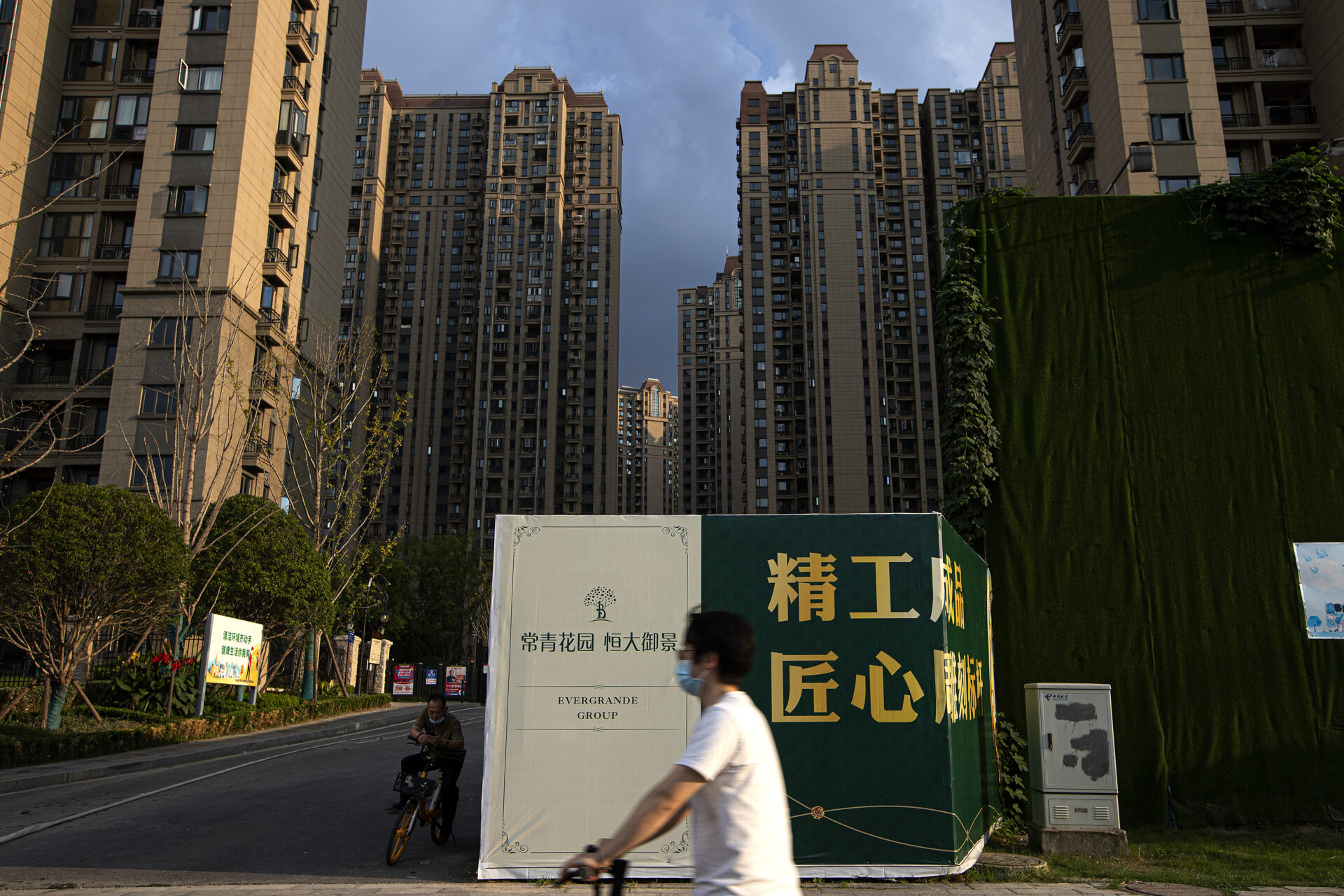
With Macron’s Return to Elysée, What’s Next for China-France Relations?
With Macron’s Return to Elysée, What’s Next for China-France Relations?
Introduction
On April 24, President Emmanuel Macron won reelection with 58 percent of the vote, becoming the first French leader in nearly a generation to win a second term (France 24, April 24). Much has already been written about the implications of Macron’s victory for the liberal democratic world. However, the potential implications of a second Macron term and Paris’s continued pursuit of strategic autonomy for relations with Beijing and U.S.-China geopolitical competition are less clear.
A tongue-in-cheek title from China’s state-backed Global Times, “Macron’s victory a ‘relief’ for EU and U.S., for now,” sheds light on Beijing’s view of France under Macron (Global Times, April 25). Some Chinese experts believe that Paris will continue to maintain a level of distance from Washington despite the boost to transatlantic unity amid the war in Ukraine. Foreign Minister Wang Yi once told his French counterpart Jean-Yves Le Drian that he appreciated France’s “independent diplomatic style” (South China Morning Post, April 23, 2020). Foreign Ministry spokesperson Zhao Lijian praised Macron for France’s decision not to join the U.S.-led diplomatic boycott of the Beijing Winter Olympics over Xinjiang (Ministry of Foreign Affairs of the People’s Republic of China, December 20, 2021). In his congratulatory message to the French leader on his reelection, Chinese President Xi Jinping emphasized that both China and France share a “tradition of independence,” and expressed Beijing’s hopes for a continued “sound and stable development” of bilateral relations (Ministry of Foreign Affairs of the People’s Republic of China, April 25).
Under Macron’s leadership, France has positioned itself as an independent leader of the European Union, which has been aided by Britain’s withdrawal from the bloc in 2016 and German Chancellor Angela Merkel’s retirement in 2021. While Germany remains the largest economy in the EU—and other members like Italy, Spain, and Poland wield significant influence—Macron has no doubt relished his newfound leadership role in Brussels. After his reelection, various newspapers crowned him “Europe’s most powerful politician” and “Europe’s standard-bearer” (Financial Times, April 25; Prospect Magazine, April 27).
Macron has previously urged Europe to make its “single, powerful voice heard” and “build a new security and stability order,” (French Presidency of the Council of the European Union, January 19). The world has glimpsed this with Macron’s tireless—although hitherto mostly unproductive—“shuttle diplomacy” between Russia and Ukraine amid Europe’s largest armed conflict since World War Two (France 24, February 22). During France’s recent, six-month leadership of the Council of the European Union (which concluded on June 30), the bloc successfully negotiated a landmark Digital Services Act, requiring Big Tech companies like Google and Meta to more strictly police their platforms for hate speech, disinformation, and other harmful online content among other accomplishments (Council of the European Union, April 23). The question now, with Macron set to serve another half-decade in power, is what the likely continuation of France’s increased leadership role in the EU will mean for its relations with China and the United States.
Economic Relations with China
China and France enjoy robust trade and economic ties. China is France’s second-largest import supplier behind Germany, with a 9.26 percent market share as of 2019 (World Bank, accessed April 28). Total bilateral trade exceeded $80 billion in 2021, and over 1,100 French companies with some 570,000 employees are present in mainland China (Xinhua, February 17; Ministry for Europe and Foreign Affairs, accessed April 28).
Under Macron, France has forged ahead in signing new contracts and agreements with Beijing despite escalating China-EU political tensions over issues like human rights in Xinjiang and Chinese economic coercion against Lithuania (China Brief, January 28). When Xi visited Macron at the Elysée Palace in 2019, France signed 15 business contracts with China worth billions of dollars, including a 300-plane order for Airbus aircraft and a contract for France’s state-owned electric utility company EDF to construct an offshore wind farm in China (Xinhuanet, March 24, 2019; France 24, March 25, 2019). Two years later, after the much-hailed EU-China investment agreement stalled (despite Macron’s initial support for the agreement) over tit-for-tat sanctions related to Xinjiang, Macron and Xi pledged to enhance cooperation across areas including agricultural technology, aviation, aerospace, as well as to allow French banks to use renminbi-payment systems (Xinhua, October 26, 2021).
Despite France’s increased economic collaboration with China, Macron has stayed true to his independent foreign policy line, and not shied away from criticizing Beijing. In 2019, he proclaimed the end of “European naïveté” on China (Nikkei Asia, March 23, 2019). In his aforementioned October call with Xi, he expressed his concerns about the ongoing situation in Xinjiang, urged China to lift its sanctions on EU lawmakers, criticized its coercive tactics against Lithuania, and asked Xi to make stronger pledges to counteract climate change (Elysée Palace, October 26, 2021).
AUKUS and U.S.-France Relations
Last fall, the Biden administration’s “clumsy” diplomacy in signing the Australia-UK-U.S. (AUKUS) agreement shook U.S.-France relations and reinforced Macron’s view that Paris cannot rely on Washington. French foreign minister Jean-Yves Le Drian described the AUKUS security deal, under which America and Britain will share advanced nuclear submarine technology with Australia, as a “stab in the back” (France 24, September 16, 2021; China Brief, November 19, 2021). Macron said that Europe “must stop being naïve” when it comes to building its own defense capacity and took the unprecedented step of temporarily recalling France’s ambassadors to Australia and the U.S. for the first time in history. Shortly after AUKUS, France inked a $3.51 billion strategic defense pact with fellow EU member state Greece, highlighting Macron’s push for strategic autonomy across Europe (France 24, September 28, 2021; September 17, 2021).
Despite its chagrin over AUKUS, Paris has nevertheless joined Washington’s efforts to counter Beijing’s coercive assertions of its South China Sea claims. France has joined America, Britain, and Japan in arguing that Chinese activities in the contested region violate the United Nations Convention on the Law of the Sea (UNCLOS) and has dispatched naval firepower to back up its rhetoric. Last May, France joined the U.S., Japan, and Australia in a first-ever joint military drill in southwestern Japan (France 24, May 5, 2021). France also sailed a frigate and an amphibious assault ship near the disputed Spratly Islands to surveil illicit ship transfers involving North Korean-flagged vessels that contravene UN sanctions—the third such deployment by the French Navy since 2019 (Ministry of Foreign Affairs of Japan, May 6, 2021).
Still, Macron has made clear his lack of interest in joining some sort of U.S.-led alignment against China. “A situation to join all together against China, this is a scenario of the highest possible conflictuality. This one, for me, is counterproductive,” the French leader said in a video interview with the Washington, D.C.-based Atlantic Council last year (Elysée Palace, February 5, 2021).
Macron views the Indo-Pacific—home to 1.5 million French nationals, 8,000 soldiers, and over 90 percent of France’s maritime exclusive economic zone—as a critical region and released an Indo-Pacific Strategy in 2018. The strategy notably identifies India, Australia, Japan, and the United States as France’s key military partners in the region (Embassy of France in the United States, accessed April 28). But the strategy promotes a European Union-centric framework that also includes closer relations with China—what Paris describes as charting a “third path” in the region (Ministry for Europe and Foreign Affairs, April 2021). Washington’s newly released Indo-Pacific Strategy evinces a rather different set of objectives with respect to Beijing. The strategy underscores the importance of “competing with the PRC” as Beijing “pursues a sphere of influence in the Indo-Pacific and seeks to become the world’s most influential power” (The White House, February 2022).
Conclusion
In many respects, Macron is following in the footsteps of a preeminent predecessor, Charles De Gaulle, who often irked U.S. presidents like John F. Kennedy and Dwight D. Eisenhower with his unabashed critiques of American foreign policy. In fact, with his reelection victory, Macron became the first president of France’s Fifth Republic since de Gaulle to return to office via a direct popular vote while also maintaining a majority in Parliament. Despite his conservative, anti-Communist streak, de Gaulle disliked the dominance of the U.S. dollar in international finance and stridently pursued strategic autonomy for his beloved France, famously to the point of withdrawing it from the North Atlantic Treaty Organization’s integrated military command structure in 1966.
To this day, de Gaulle remains revered by the French public. One 2016 poll ranked him as the most important figure in French history, ahead of Napoleon Bonaparte and King Louis XIV (BVA, March 5, 2016). Historian Julian Jackson partly attributes this admiration to “a nostalgia for the 1960s, when France still counted for something in the world thanks to Jean-Paul Sartre, Jean-Luc Godard and Brigitte Bardot” (Politico EU, November 9, 2021).
Today, many in Beijing and Washington seem to project their divergent aspirations onto France’s uncertain foreign policy slate. China is hopeful that a second Macron term bodes well for its relations with the new, independent leader in Europe. America is hopeful that France’s shared democratic values and status as America’s “oldest ally,” as well as some overlapping interests in the Indo-Pacific, will facilitate increased cooperation despite past diplomatic fumbles like AUKUS.
However, Macron might have different ideas. He continues to draw inspiration from de Gaulle’s at-times mercurial, at-times divisive policy playbook. He has described France as a “vassal of neither China nor the United States” (Nikkei Asia, April 20). For now, both Washington and Beijing must wait and see the course that President Macron charts next for France.
William Yuen Yee is a Columbia University graduate and the 2022 Michel David-Weill Scholar at Sciences Po, where he will pursue a master’s degree in International Governance and Diplomacy. His writing on China’s foreign relations and international trade has appeared in the Center for Strategic and International Studies, The Diplomat, and SupChina. You can follow him on Twitter at @williamyuenyee.


